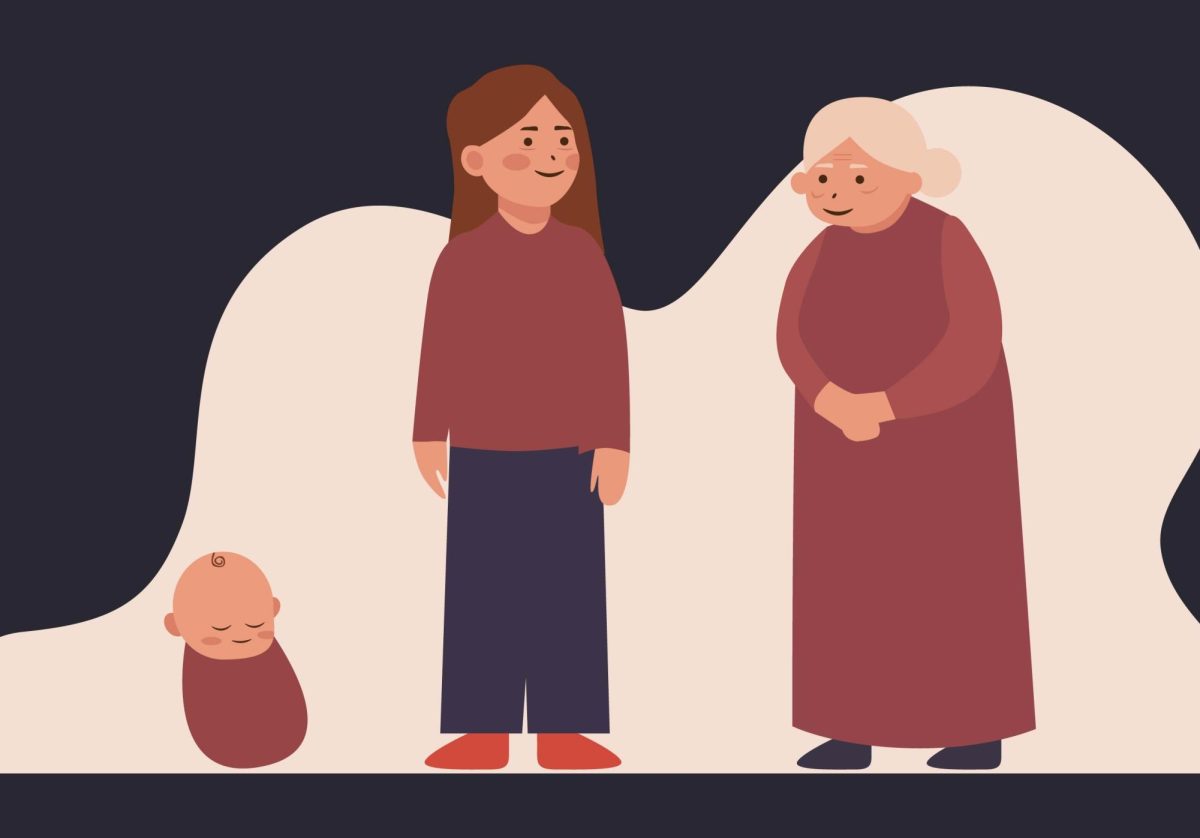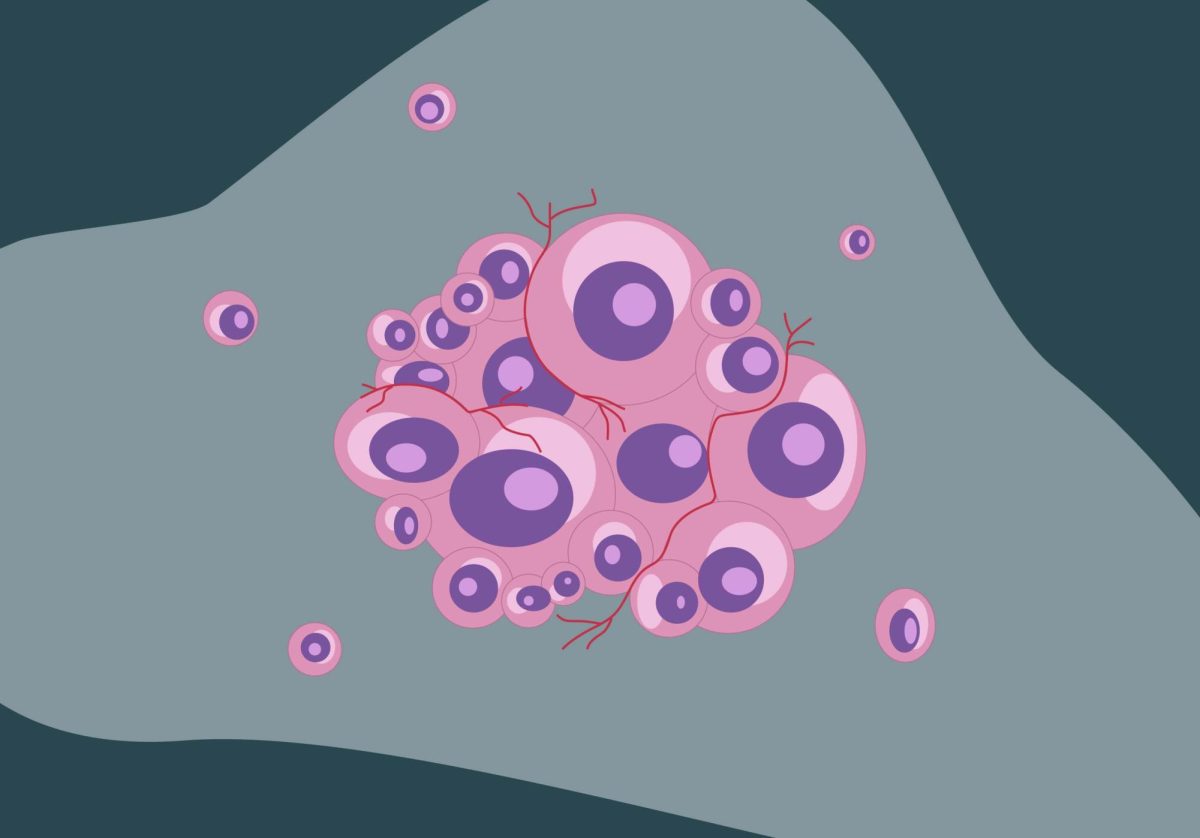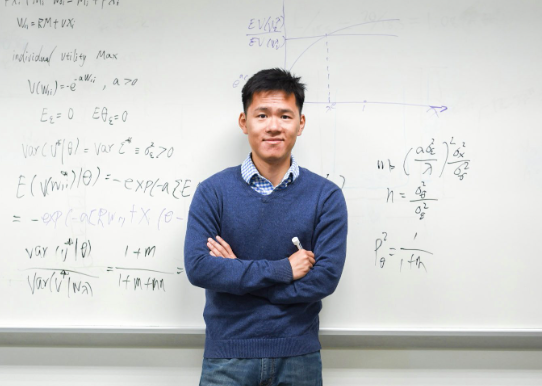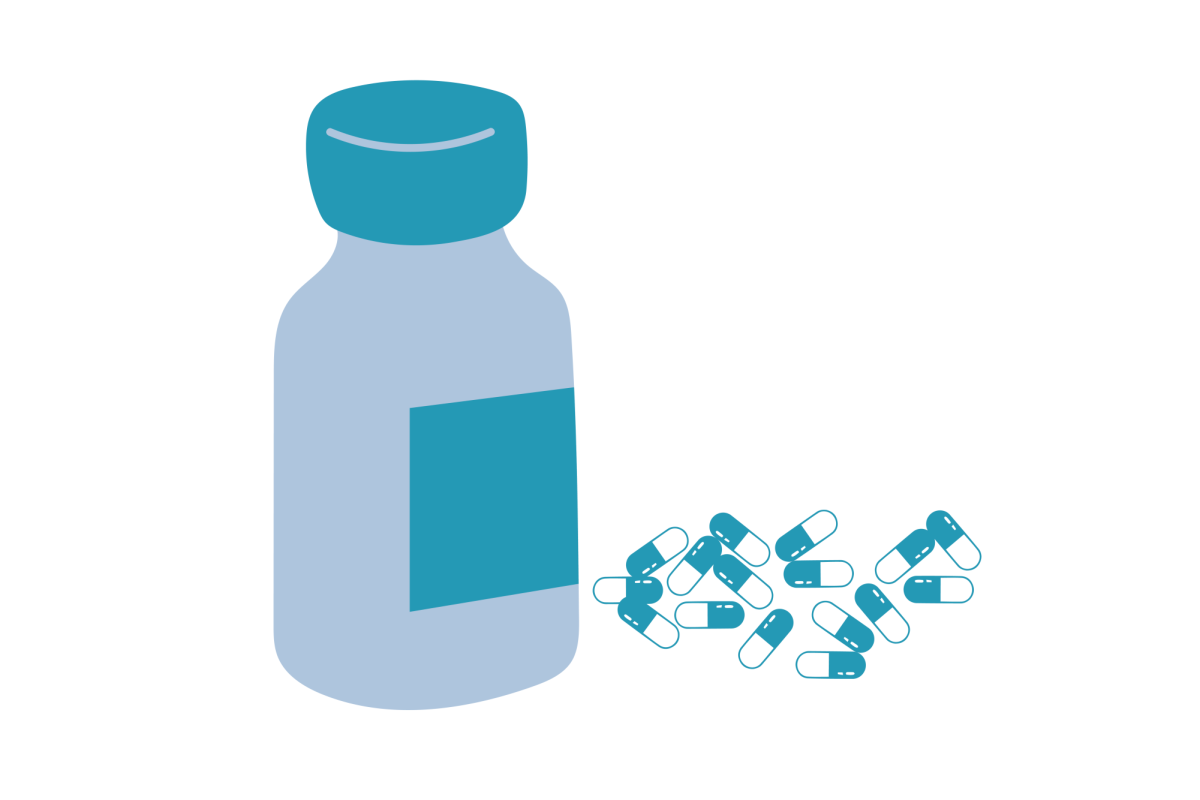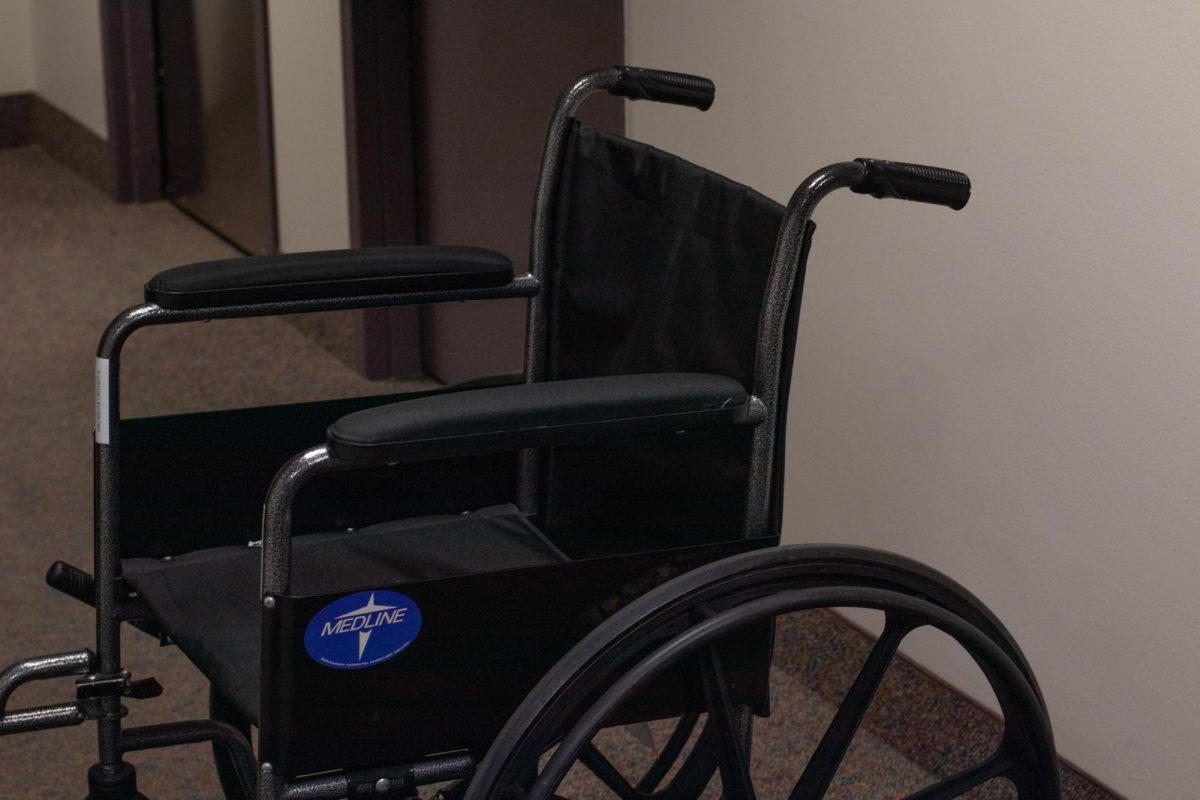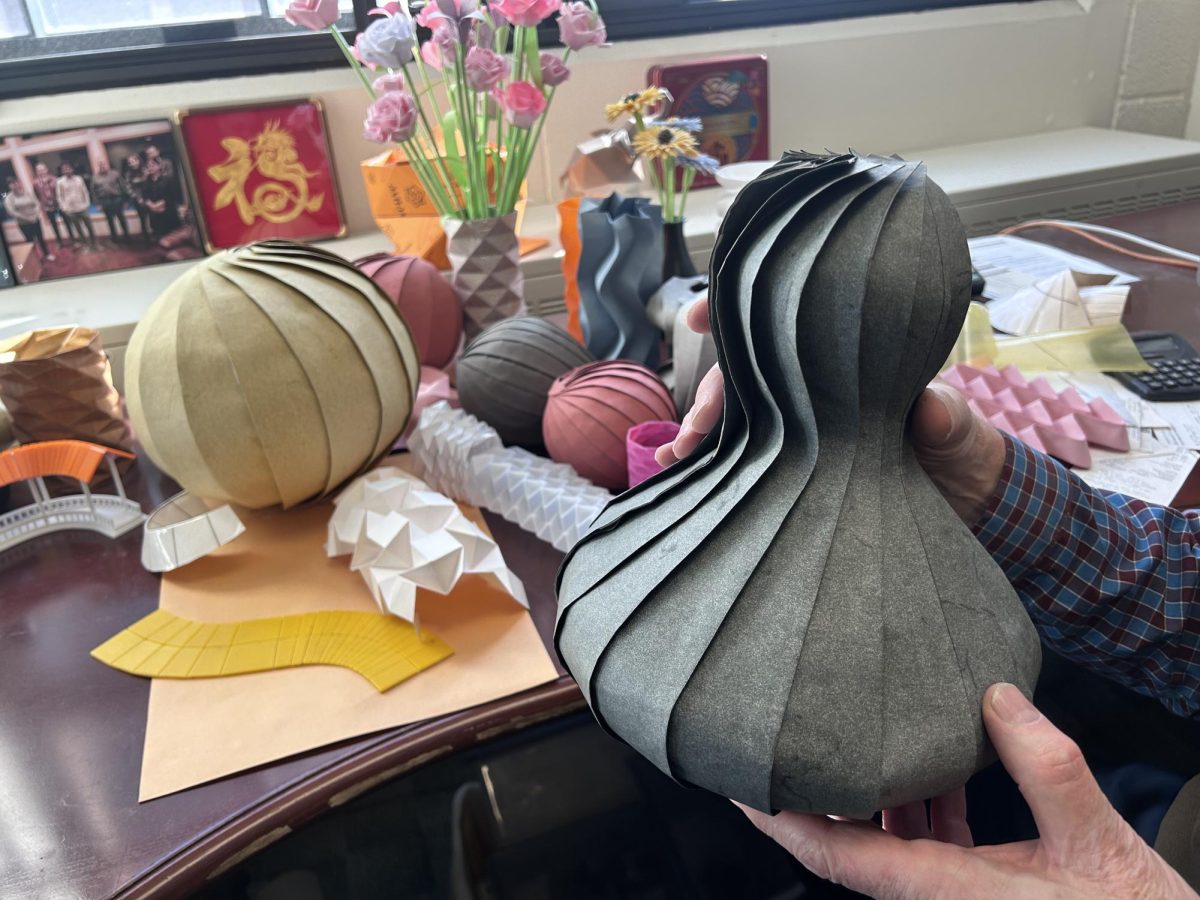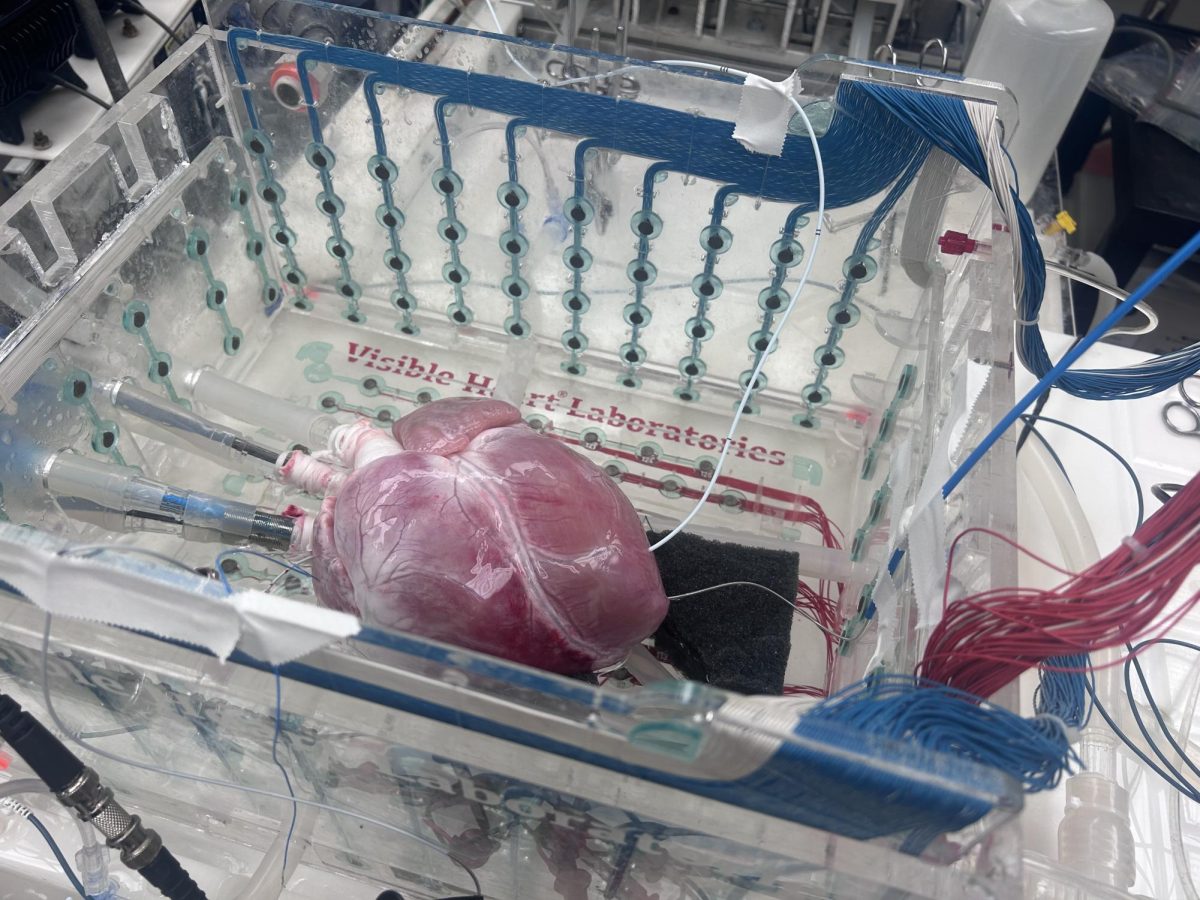University of Minnesota researchers received a $1.2 million grant from the National Cancer Institution on Oct. 26 to study the use of artificial intelligence in breast cancer diagnoses.
The research will use AI to analyze data to help doctors diagnose breast cancer and predict heart diseases post-treatment.
Rui Zhang, an associate professor in the Division of Computational Health Sciences, said he examines electronic health records, biomedical literature and social media related to health care.
The data came from a study from the University’s Medical School’s online health record system called Clinical Data Repository, Zhang said. The data consists of information on four million patients, eight hospitals and more than 40 clinics.
The current survival rate for breast cancer treatment over five years is 90%, but many of those survivors have health risks post-treatment, Zhang said. One health risk is cardiovascular disease.
The current guidelines for prevention are not heavily focused on detecting risks post-treatment, Zhang added. There is a lack of guidelines and minimal research into the difference between a breast cancer patient’s physiology and a non-cancer patient’s physiology.

“This is why our work on heart damage specifically is an urgent need,” Zhang said. “We need to understand more about the outcomes from real-world data among different subgroups.”
Ju Sun, an assistant professor in computer science and engineering, said he is most passionate about the foundational aspects of research that solve complex problems. He is heavily involved in the Data Science Initiative, which encourages people to use AI in research that combines two fields.
“We are proposing a general method to handle data imbalance for applied AI or machine learning to these problems,” Sun said. “We have a passion for the medical aspect in developing this and applying this to breast cancer survivors.”
The opportunities for AI in the coming years will spur from this type of interdisciplinary work, Zhang said.
ChatGPT is an example of what Zhang refers to as “low-hanging fruits,” which are becoming highly saturated in today’s mainstream. Visionary, agency-funded AI research is a more productive and progressive way to use AI for the common good, Zhang added.
Nikolaos Papanikolopoulos, director of the Minnesota Robotics Institute, said AI should not make decisions about care and AI-generated systems should be used to inform the clinician, not to diagnose.
Papanikolopoulos said AI could help guide clinicians to spend more time looking at certain symptoms. There may be times in the AI process when AI inaccurately diagnoses, and people cannot afford a 1% chance of misdiagnosis, according to Papanikolopoulos.
“Fighting cancer is like fighting a beast with many heads,” Papanikolopoulos said. “But I think AI can enable us and give us the tools in order to make better decisions and create better treatments for dealing with this monster.”





